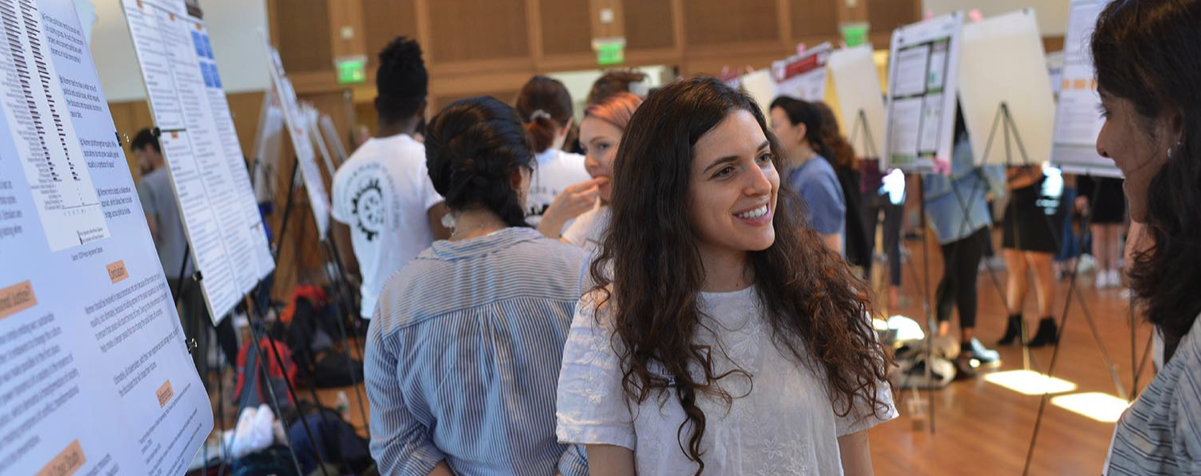Faculty Sponsor: Patricia M. Rodriguez Mosquera
Live Poster Session: https://wesleyan.zoom.us/j/97447122130
Abstract: I present two research studies on experiences with Islamophobia and empowerment among Muslims living in the United States. Study 1 used a mixed methods methodology and included 190 Muslim participants (96 women, 94 men). In addition to sociodemographic measures, the quantitative measures assessed religious identification and emotional feelings about being Muslim. Further, the participants were presented with qualitative measures that asked about the challenges they experienced as Muslims, how they think other people perceive them because of their identity and how that affects them, and how they find support and empowerment in their identity and religious practice. The development of Study 2 was inspired by the responses generated from the first study; thus, 102 Muslim participants (58 women, 44 men) were asked about the negative and positive effects they experience as a result of how other people perceive them as well as their emotional feelings about challenges experienced due to their Muslim identity. Results showed that even when other people’s perceptions of Muslims were negative, the participants could still experience positive effects (e.g., empowering oneself, connecting with other Muslims in the community, connecting with one’s faith). The participants in the study also expressed more feelings of empowerment and feeling respected than negative feelings when they experienced challenges related to their Muslim identity. In addition, a scale was developed to measure three ways in which Muslim identity and religious/spiritual practice could support participants. The types of support included in this scale were based on the response categories that emerged in the first study’s content analysis when participants answer an open-ended question about whether and how their religious/spiritual practice supports them.
SalmaHassanMAPoster

